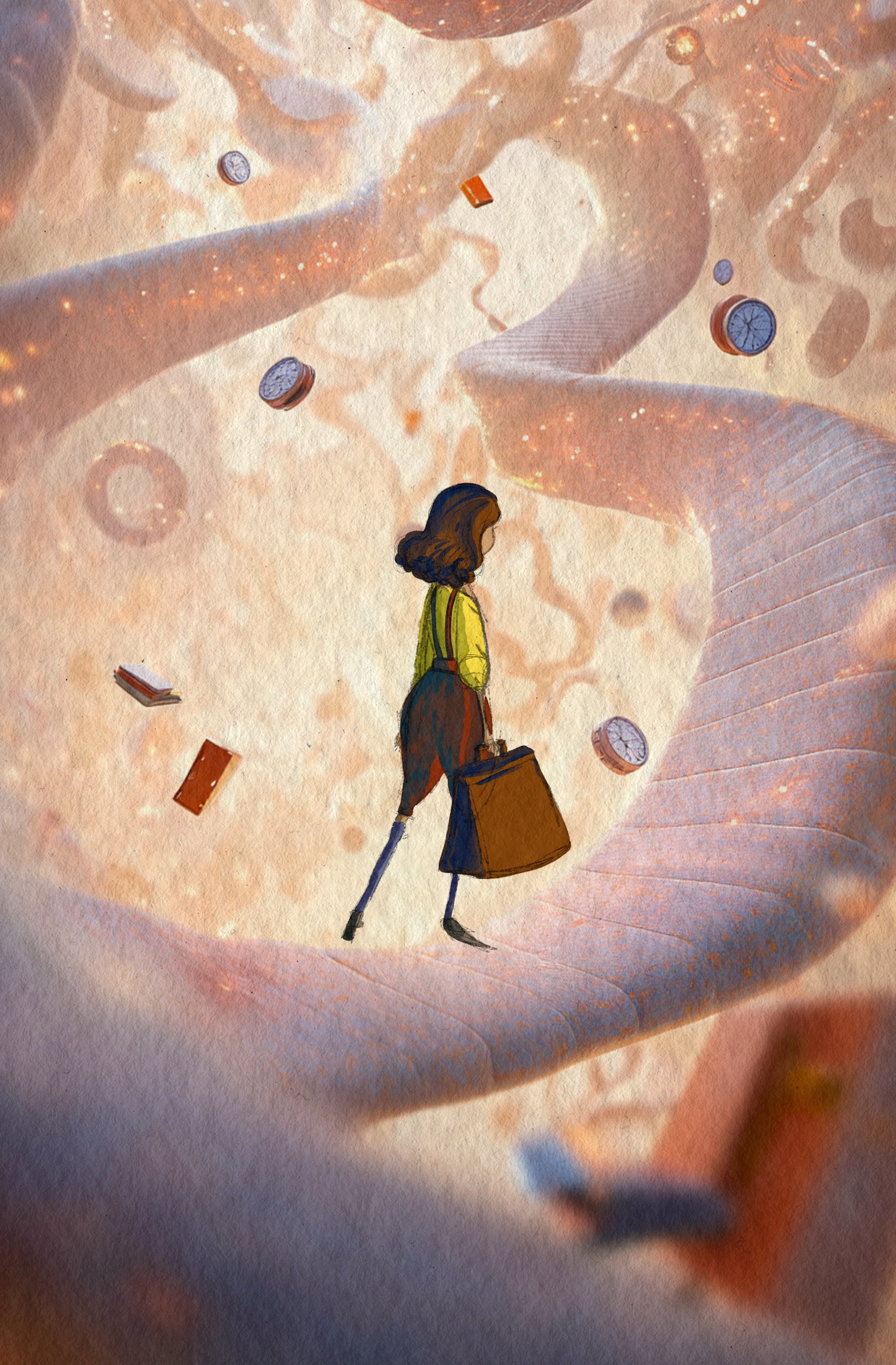Intergenerational knowledge as a form of peer review
Abstract
Part of my PhD project Diffracting Indigenous Practices, Quantum Theory, Electronic Art and the Anthropocene involves bringing Indigenous Practices into dialogue with Western Science. It turns out that this remains problematic, as the knowledge types are heavily weighted in favour of Western knowledge sources. Smith has pointed out that “‘research is inextricably linked to European imperialism and colonialism” in the process of decolonising method (2021, p.1). However, in order to be published in international mainstream academic publications, the very process of peer review currently recolonises method. Indigenous researchers have presented strategies for “encouraging a new era of scholarship founded within the principle of “for Mā’ohi, by Mā’ohi” as opposed to research on Mā’ohi1 (Reynolds & Wheeler, 2022). Chang recognised the internalisation of colonial boundaries (2019, p.95) promoting a method based in Mo’oku’auhau (whakapapa or geneology). Escaping the immense gravitas of the words ‘epistemology’ and ‘ontology’ when discussing knowledge is problematic, as these concepts also contain embedded Western notions around how knowledge is accumulated and sorted into categories. Indigenous systems recognise interconnected energy flows rather than proposing bounded categories. Here I will argue that the movement that needs to occur in terms of knowledge recognition – also needs to occur inside Western academic structures. I propose four knowledge dimensions as keys to unlocking Indigenous forms of knowledge so that Western academic structures such as peer review can acknowledge these accordingly. Recently I incorporated into an art work the words ‘the history of knowledge has been colonised just like Moana islands and their peoples.’ From the context of knowledge dimensions I am able to provide an argument for intergenerational Moana knowledge to be seen as a form of peer review, opening the Western academic system to accepting such knowledge. This is crucial to combating the Anthropocene.
Downloads
Metrics
References
Chang, T. (2019). Transcending settler colonial boundaries with Mo’oku’auhau. In N. Wilson-Hokowhitu (Ed.), The past before us: Mo‘okū‘auhau as methodology. University of Hawai‘i Press.
Reynolds, P. & Wheeler, V. (2022). Mā’ohi methodologies and frameworks for conducting research in Mā’ohi Nui. Sage Publishing https://doi.org/10.1177/11771801221114999
Smith, L. (2021). Decolonizing methodologies. Zed Books.
Copyright (c) 2022 Pasha Clothier
Article text:

This work is licensed under a Creative Commons Attribution 4.0 International License.
Photos:
The images in Rangahau Aranga are not covered by the Creative Commons license and are subject to copyright. Permission to reproduce this material must be sought from the copyright holder concerned.






